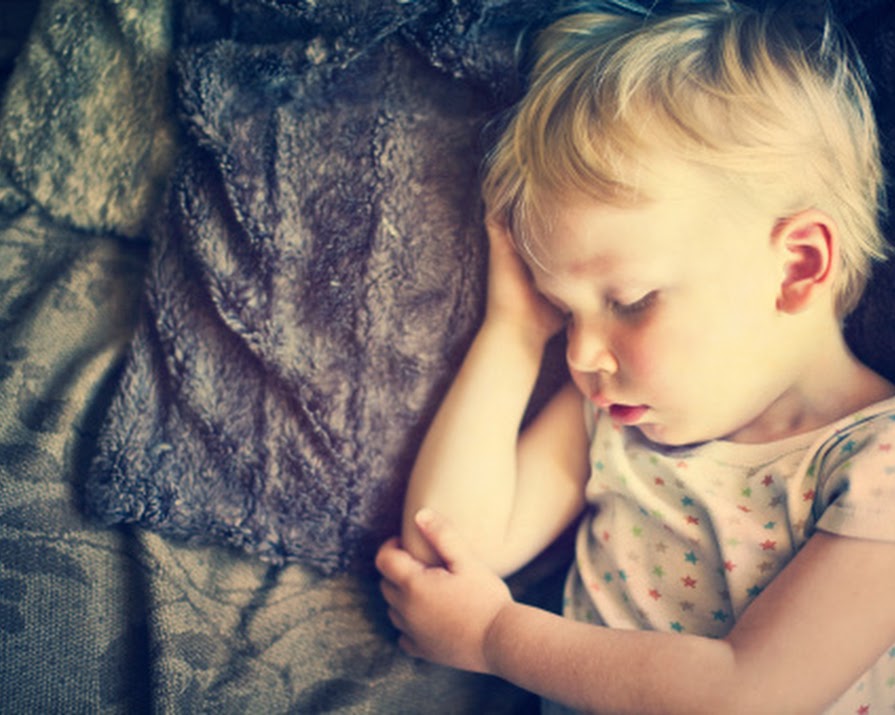
By Jennifer McShane
17th Apr 2016
17th Apr 2016
If you’re a worried parent fretting over your child’s fractured sleeping habits, a new study suggests that parents’ own sleep quality may bias how they perceive their child’s issues.
According to The New York Times, the study, conducted in Finland, looked at 100 children ages 2 to 6. Their parents filled out questionnaires about the sleep quality of their kids and also of themselves. The children also wore an actigraph – a wearable band that measures movement and can estimate periods of sleep – for one week.
The authors found that parents with their sleep problems more frequently reported that their children had sleeping difficulties, even when data suggested differently.
?The only thing that was associated with sleeping problems, as reported by the parents, was their own reported sleeping problems,? said Marko Elovainio, a professor of psychology at the University of Helsinki and one of the authors of the study, which was published this month in the journal Pediatrics.
This is important as the findings suggest that parents? report of sleep problems in their children are influenced by their own attitudes and behaviors surrounding sleep.
Previous studies have shown that tired people are more likely to experience and remember negative events and details, the authors noted. So it would make sense that tired parents might overstate difficulties with a child’s slumber pattern.
The researchers were inspired to do their study, in part, by research’showing that mothers with depression over-report behavioral problems in their children, seeing issues that teachers do not see. In Pediatrics, the researchers noted, doctors rely heavily on parental reports for information – and if that information is biased by a parent’s own experience, diagnosis becomes more difficult.?”Physicians shouldn’t be relying on that but should also try to use more objective measures and to weigh the potential role of a parent’s own sleeping problems,” said Elovainio.
?When we work with children, we’re really working with the whole family, as we have to take into account that reports of the children are coming through the filter of the parents.?
The research while interesting comes with a few holes. The actigraph used to measure sleep patterns in the study hasn’t been specifically validated for pediatric sleep studies. Actigraph data generally isn’t as accurate for children as it is for adults (because children tend to toss and turn more when they sleep).
The authors said future diagnostic methods and treatments for children with reported sleep problems should also consider the role of parents and siblings, which means that when a parent seeks help for a child’s sleeping problems, it’s important to make sure sleep is a priority for the whole family.























